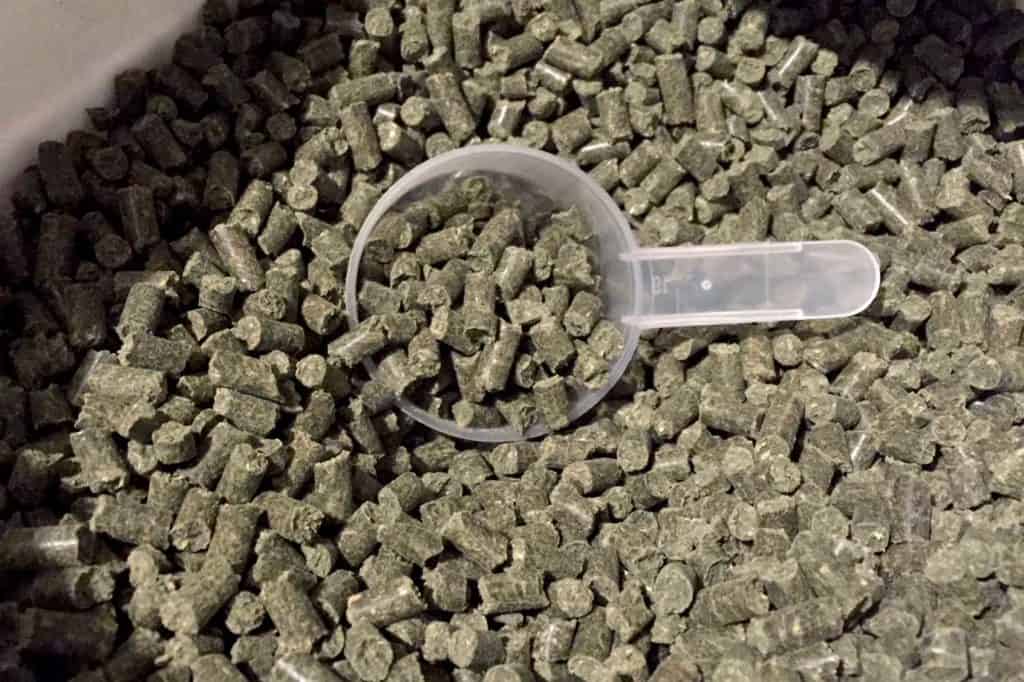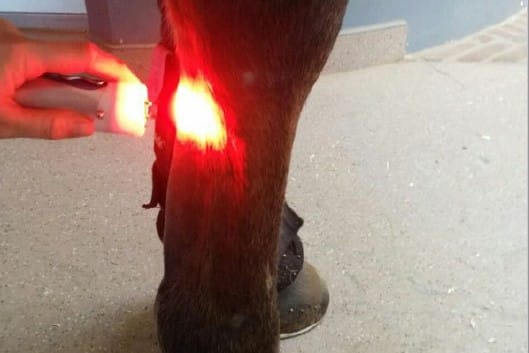
Firearms Can Be an Effective Option for Euthanizing Horses
As restrictions on disposing horses euthanized with pentobarbital tighten, veterinarians look for safe and effective alternative methods for euthanasia.

As restrictions on disposing horses euthanized with pentobarbital tighten, veterinarians look for safe and effective alternative methods for euthanasia.

Dr. Nathan Slovis covers new technologies in accurately diagnosing the causes of infectious diarrhea in foals.

Quarter cracks form in response to various hoof imbalances and often require a multimodal approach to resolve.

Scientists are rapidly homing in on the specific areas of the equine genome linked to this debilitating condition.

PRCA Hall of Famer Douglas Corey, DVM, offered insight into rodeo horse care and welfare during the American Association of Equine Practitioner’s annual convention.

Measuring mRNA markers might offer an economical, effective, and noninvasive way to detect horses at risk of catastrophic injury.

Not all equine influenza vaccines are the same. Does that mean horses need boosters when receiving a different EIV vaccine than they’ve gotten in the past? Researchers investigated.

Equine medical facilities can become hotbeds of infection without careful planning and effective management of animal and human traffic flow.

Researchers investigated if two common joint supplement ingredients contribute to worsening gastric ulcer scores in horses.

By cutting the DDFT, veterinarians can stop one of the forces that pulls on the coffin bone during laminitis.

CBD is becoming increasingly popular. However, a veterinarian turned attorney warns equine practitioners to tread cautiously when it comes to discussing CBD products with clients.

In a standardized-lesion-induced model, veterinarians found high-powered laser significantly reduced enlargement of lesions on ultrasound and increased signs of healing on Doppler and MRI.

Follow these straightforward steps to help your horse lose weight and gain a competitive advantage.

A veterinarian shares research evaluating handling, storage, and testing conditions and the reliability of PPID testing.

The 2 goals of an equine back treatment plan are breaking the pain cycle and increasing strength, function, and stability.

An equine gastroenterology expert offers advice to veterinarians managing colic on farms. He also talks about indications it’s time to move the horse to a hospital.
Stay on top of the most recent Horse Health news with
"*" indicates required fields